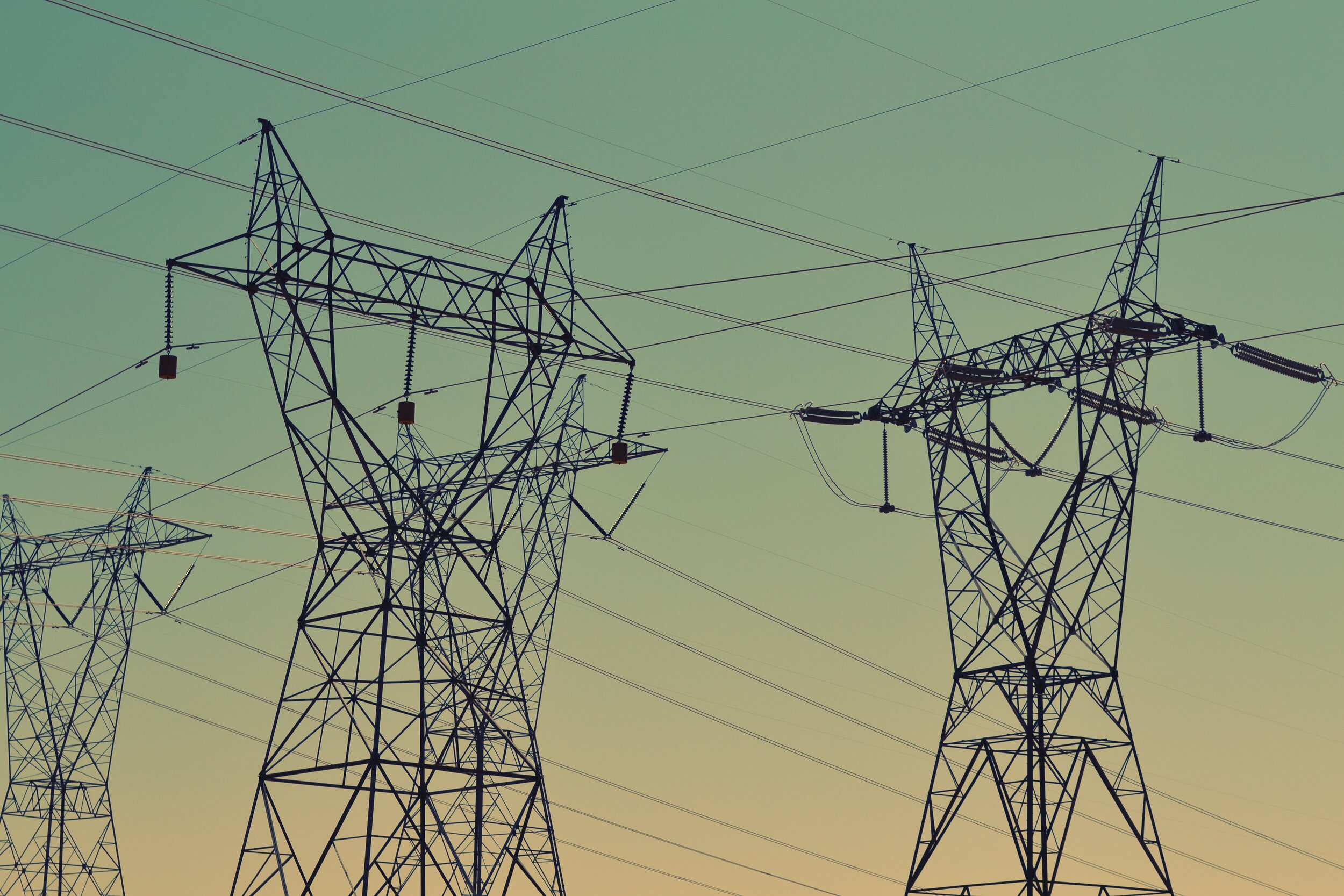Reemergence and Reconnection Post-Isolation
This morning, I am sitting on the cusp of a provincial election, an upcoming national election, deep eco-anxiety on the heels of a bleak IPCC report, and an uncertain future in light of openings and closings due to COVID. All around the world, the fourth wave collects power, and one thing becomes more evident: the ability to predict what’s coming seems increasingly impossible.
With continued periods of unrest and uncertainty, anxiety has a tendency to fester. Alternately, a person might throw up their hands and cede power and responsibility to whatever may come. This can grow into a sense of learned helplessness, grief, and sadness.
Take a look at these recent headlines from New York Times:
We Need to Understand the Difference Between Isolation and Loneliness- Both can pose distinct dangers to our mental and physical health.
Social isolation in the U.S. rose even as the Covid crisis began to subside, new research shows.
Parents and caregivers reported mental health issues more often than others during the pandemic, a C.D.C. study says.
There’s a Name for the Blah You’re Feeling: It’s Called Languishing
Need to Dust Off Your Social Skills? After a year of virtual gathering, getting back to real-life relationships can be intimidating.
This unexpected life shift has disrupted:
our sleep (How To Get a Better Night's Sleep - The New York Times (nytimes.com)),
our eating (Eating disorders in the age of COVID-19 - PubMed (nih.gov)),
our social lives (How to Be Social Again - The New York Times (nytimes.com)),
our work routines (The Great Resignation: How employers drove workers to quit - BBC Worklife),
our home lives, (Managing Life at Home During the COVID-19 Outbreak > News > Yale Medicine)
movement habits, (Physical Fitness and Exercise During the COVID-19 Pandemic: A Qualitative Enquiry (nih.gov))
and our mental health (Impacts on Mental Health (statcan.gc.ca))
There’s also some research from previous pandemics like the Spanish flu to indicate that we may be experiencing fallout of this period of our lives for a little longer than we may expect. (The Spanish Flu Pandemic and Mental Health: A Historical Perspective (psychiatrictimes.com))
While I cannot pretend that at the moment of writing this, everything is over and done with, in my immediate vicinity, we have been slowly experiencing a reemergence into “normal” life. We continue to experience gathering limits- a limitation that for some feels quite comfortable and is long overdue. I don’t know if I myself will hug a stranger or colleague or shake hands for awhile yet. Music shows and performances, especially indoor, have not yet really started, but are in other cities. Word on the street from some is that there is lingering anxiety about certain activities like flying in an airplane, large gatherings, even leaving the house. However, there are more people in the street, more reconnecting with friends and family that we have only seen in an uncomfortably close virtual headshot frame for the past two years.
I wanted to write this post today after a long period of withdrawal, myself, from any social media or internet presence. Frankly, if I may, this whole time has been hard on those who care for others. A steady stream of difficult material on the news, social media posts that are challenging, combative, or confusing, along with the everyday work of caring for people’s sufferings made for a distinct craving to abandon ship.
Here are some things I learned from my own struggles to reemerge and reconnect, along with the wisdom of the experts I work with everyday:
some things take time, and each person’s timeline is different. There is no need to “other” in a time like this.
it is good and wise to take stock of what you liked about your time away from people, what you didn’t, and what ways life might change accordingly.
the breakneck pace of life pre-pandemic didn’t allow us the time to think about what works and what doesn’t.
music helps.
humans thrive in community, but that community can be reshaped into one that is desirable, through intention and mindfulness.
routine is fundamental to mental health.
change is also fundamental to mental health.
we all have the power to choose how, when, where, and with whom we want to share ourselves.
On another note, I’m currently reading a collection of essays by Rachel Kushner, who has so many amazing things to say about life, living, and creativity. I want to offer up here two quotes of hers which resonate in this time, with these post-pandemic considerations:
I love to be alone, I find it necessary, but I don't know if that's just how I am or if it's an essential ingredient to making, to art. Certainly on a practical level it is. But on the other hand, I think it's a myth that the creative inspiration is locked up inside the person and just needs a quiet space and the right "serious" brooding moment to get released.
It was not the case that one thing morphed into another, child into woman. You remained the person you were before things happened to you. The person you were when you thought a small cut string could determine the course of a year. You also became the person to whom certain things happened. Who passed into the realm where you no longer questioned the notion of being trapped in one form. You took on that form, that identity, hoped for its recognition from others, hoped someone would love it and you.
Rachel Kushner

